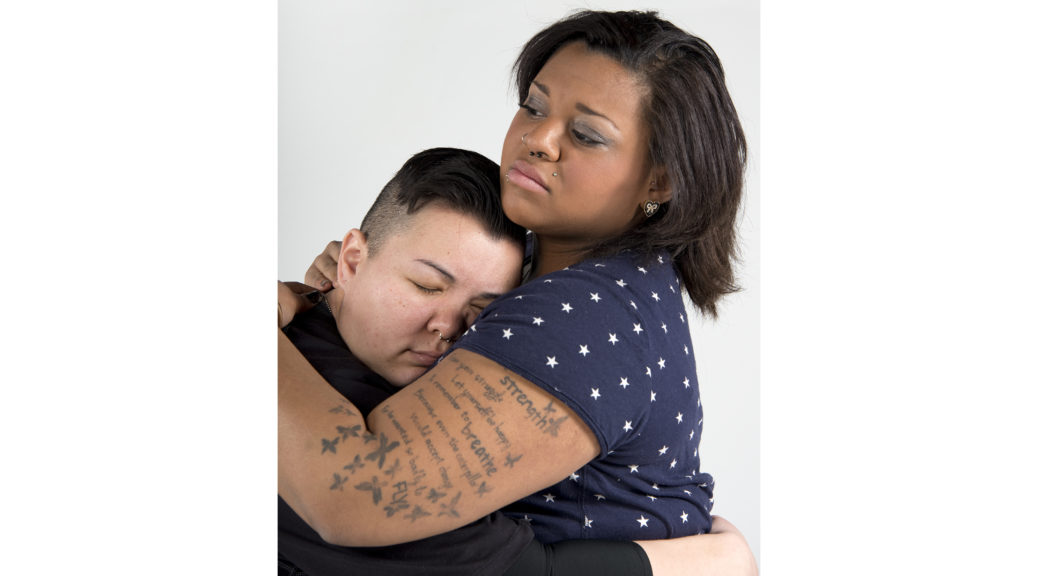Expressing Empathy: Part 2
Empathy in Patient/Doctor Relationships
*Names have been changed to protect privacy.*
Carl Patterson was with his elderly stepfather when he died from acute lymphatic leukemia. Tom had been a laid-back, easy going man who made friends easily and preferred to have a glass of wine than worry about small details. Carl, on the other hand, was detail-oriented and had been looking after his stepfather’s affairs for years.
Tom wanted to donate his body to a local university for medical research. In most cases, if a body is not received promptly after death, research organizations will refuse the donation. Carl knew this. So he grew impatient when hours passed after his stepfather died and the doctor, who needed to process the paperwork to release Tom’s body, didn’t appear. Carl repeatedly questioned the nurses. The nurses repeatedly paged the doctor. When she arrived, the doctor told Carl, “I have more important things to do with the living than with the dead.” Carl was stunned. “He had just died,” he said. “Her bedside manner didn’t exist.”
Numerous studies have found that empathy is often missing in doctor-patient communication. Expressing empathy can be even more difficult in situations involving conflict, anger, sadness or fear. These feelings are common on a cancer journey. When medical professionals show empathy, patients feel more satisfied with the relationship. They also have more trust in their doctor, are less anxious about their condition, and are more likely to follow the doctor’s recommendations. Doctors feel better about their work too. Empathy is a learnable skill being taught more frequently in medical schools to help improve patient-doctor communication. …
